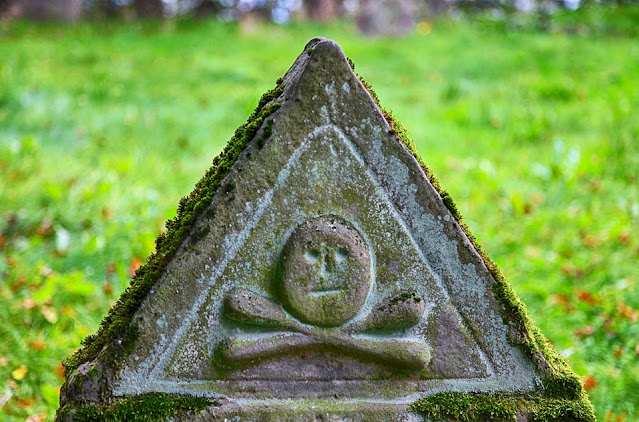New Years is a huge celebration for many people, and we use it to say good bye to the old year and welcome in the new. But most of the focus is on the incoming year. Maybe we set goals for the year, pick a word for the year or make some kind of resolution. We rarely spend the same amount of time honoring the old year, recognizing what it has given us, what our struggles have been and saying good bye to it.
Part of a good transition is recognizing what we are letting go of, and by making a ritual of saying good bye to the old year and marking the end of the yearly cycle, we are giving ourselves a boundary between what we don't want to carry into the new year. It is making a point of saying "this stuff was part of this year, but now we are staring a new year, so I don't need this to continue."
I have built up a pretty big practice of end of year reflection. For me, it's a time to look back at the whole year, to remember the good times and the bad ones, to think about new people I have met, and remembering those who left us. It's about finding closure and about seeing the year as a whole. I enjoy journaling out thoughts about what I did well and what I struggled with.
Since we are saying good bye to a whole year, this is something that can easily be extended over several days, not something you need to do all at once on New Year's eve (especially if you have plans)! And you don't have to come up with everything on your own (even though it is a pretty personal and private thing, at least for me). There are a ton of great resources out there for journal and reflection questions.
I definitely feel that reflecting on the year can be hugely rewarding. What this looks like to you may be different from what it looks like to me. You can find a tarot spread to work on, or some journal questions, or maybe even just spend some time thinking and reflecting (if you aren't a journaling person...doing this by a fire or looking out the window at snow is great!)
One thing I like doing is flipping through my planner (and journals...all the stuff I worked on during the year). My planner has journal aspects to it, so there are daily/weekly/monthly reflections, there are memory pages, there are notes (for future projects as well as stuff I was working on at the time), so going through it is like a snapshot of my year, and it lets me reconnect with memories, which is always fun. I almost always 'end' a planner with an end of year reflection, whether it is more formal or just me writing out whatever is on my mind.
Another personal ritual I do is that I create an anklet for the year, one that I wear always, and then on New Year's eve, I add next year's anklet (and wear both), and on New Year's day, I remove the old one (and offer it up in thanks). I've been doing this for quite a few years now, and it definitely a big marker of the year ending for me. It's funny, because I tend to swap legs each year, and when I add the new one, I'm very aware of it for weeks!
In the past few years, I've also added a Norse version of the 12 days of Xmas to my end of year celebrations. So, for the last 12 days of the year, I honor a different concept, from my ancestors, light/dark, community, healing....it's a way to not only give thanks for the things that happened this year but also to build dreams for next year.
I've always loved advent type things, so having this extended ritual celebration at the end of the year gives me the structure I desire to count down the final days of the year. Having done it a few days now, it's fun to build on what I've done before, to deepen my connection with each day and the deities and energies I associate with them.
I also find that the end of the year (for me) feels almost frantic. There is this building of energy, the tail end of the holiday season (though I do tend to think of the holiday season as reaching almost to May, it's like the intensity changes with the New Year). Taking a little time each day in those final days of the year helps me mark the turning and keep my balance, even in this somewhat liminal time (because the time from Xmas to New Year really often feels like it's 'extended holiday time' probably a holdover from winter school holidays that last for the last two weeks of the year in many places).
So whether you feel yourself floundering at the end of the year (like I did!) or you just want to explore your relationship with the year that is coming to a close, I highly recommend expanding your New Year's celebrations to include saying good bye to the old year in some fashion. Have fun exploring the options and finding what works best for you!

















